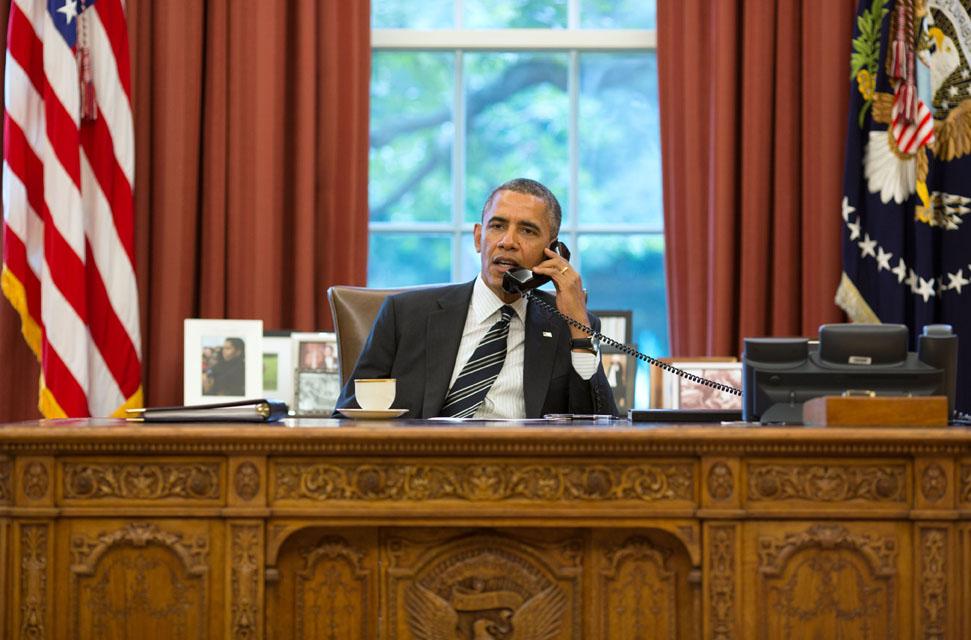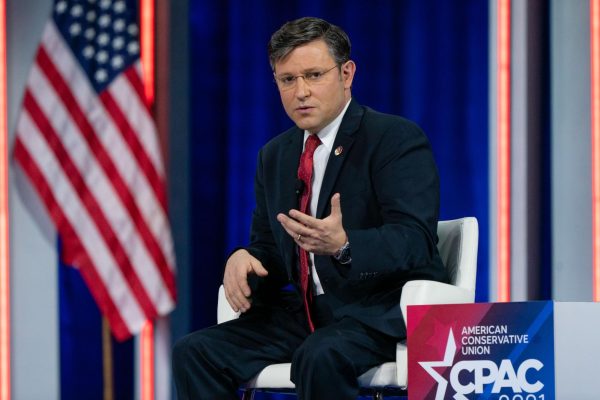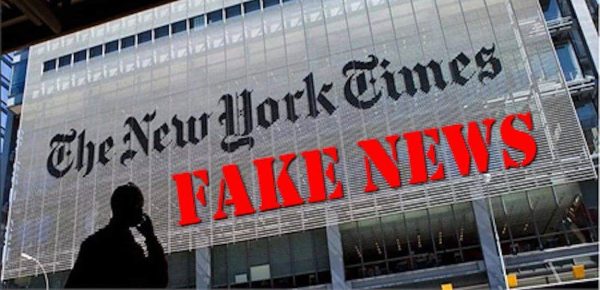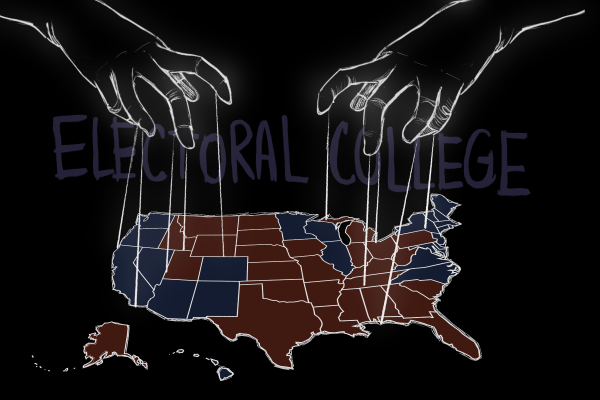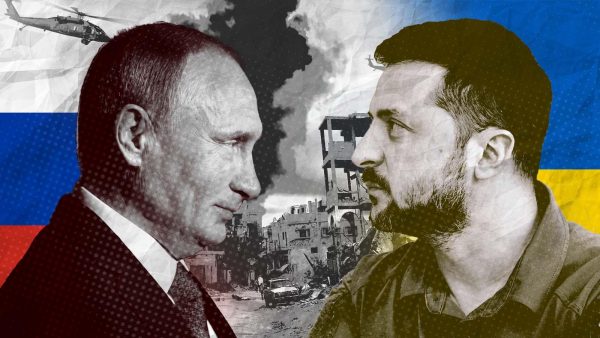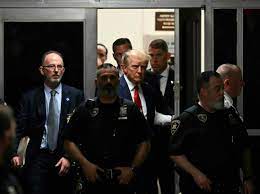Don’t Be Sold by Rouhani’s Rhetoric
The new Iranian president, Hassan Rouhani, has been portrayed by the media as a promising new “moderate” who can return diplomacy between Iran and the United States for the first time since the 1979 Iranian Revolution.
Much of the recent roar has been surrounding Mr. Rouhani’s recent statement regarding the Holocaust. On the fringes of the United Nations general assembly, Rouhani gave an interview to CNN correspondent, Christiane Amanpour. When asked whether he agreed with his predecessor’s, Mahmound Ahmadinejad’s, belief that the Holocaust was a myth, Mr. Rouhani responded in Farsi that the Holocaust was a “crime that the Nazis committed towards the Jews” and described it as “reprehensible and condemnable”, according to a interpreter for CNN.
Obviously, the national media hailed this acknowledgement and welcomed the prospect of a moderate leader in the world’s most tumultuous region. But according to the Iran’s semi state-run Fars new agency, CNN fabricated Mr. Rouhani’s quote.
Instead, he spoke foggily about “historical events”, Fars said, suggesting that Mr. Rouhani was not breaking from his predecessor’s denial of the Holocaust as previously thought. The Wall Street Journal checked Mr. Rouhani’s comments with an independent translator and came to a conclusion that found that Fars had interpreted the Iranian’s comments correctly. They reported that Mr. Rouhani had not referred to the Holocaust specifically – and instead stated that he was not a “history scholar”. He also stated “the aspects that you talk about, clarification of these aspects is a duty of the historians and researchers.”
This interpretation illustrates Mr. Rouhani’s comments were far more in line with the position held by many Holocaust deniers such as Ahmadinejad. These deniers are said to acknowledge the fact that Jews were indeed killed by the Nazis, but challenge the numbers killed or the existence of it being an actual genocide that attempted to destroy the Jewish race.
Why then, has our national media fabricated the statement issued by Mr. Rouhani? NBC News reported that Mr. Rouhani had stated that “the Nazis carried out a massacre that cannot be denied, especially against the Jewish people.” Both NBC and CNN falsely quoted Mr. Rouhani; and, personally, I doubt it was by mistake. The United States’ leading ally in the Middle East, Israel, has rejected Mr. Rouhani’s claim that the facts of the Holocaust are for historians to authenticate. The office of Israeli Prime Minister, Benjamin Netanyahu, issued a statement last week. Yet, our media reports otherwise.
Multiple independent sources have confirmed the inaccuracy of the CNN interview, and CNN is currently re-examining transcripts and audio recordings from the interview. It is obvious that the national media wants to push for better relations with Iran, thus needing to convince the public that Rouhani is a “moderate”. Much like the media, it can be argued that Rouhani himself is fabricating his image to create a better relationship with the west so he can gain access to nuclear weapons.
From what we can learn from history, Rouhani has employed a number of reforms. He has focused the attention of the Iranian economy on new innovation and economic growth, an effort to reduce inflation and reduce unemployment. Unlike his predecessor, Rouhani is an active supporter of women’s rights and pushes for their “equality”. Additionally, he has begun to release political prisoners, releasing eleven just days before his visit to the United States for the United Nations General Assembly. As evident by his common Tweets, Rouhani stresses his opposition to Internet censorship and supports the increase of Iran’s access to social media, and other political and social freedoms. But is all of this supposed reform just a smokescreen to gain nuclear weapons?
Let us examine the coming to power of another leader, Bashar Al-Assad. In 2000, following his father’s death, the 34-year-old Assad became head of state. In his first year as president, he embarked on a similar flirtation with reform as Rouhani. In his inaugural address, Assad promised to modernize the economy, fight corruption, and launch Syria’s “own democratic experience”. Not long after, Bashar began to release hundreds of political prisoners, some of whom were allowed to hold office for a short period of time. He also allowed for independent newspapers to begin publishing for the first time in three decades. But this “Damascus Spring”, as it has become known, was short lived. By the beginning of 2001, many intellectual meetings were closed down and several leading opposing political leaders were arrested. It became evident that Assad was flirting with the west through political reform to slip a weapon of mass destruction in his back pocket when the world wasn’t looking. As we have seen, this has resulted in unimaginable consequences.
In 2007, five years before he used chemical weapons on his own people, Israel unilaterally bombed an unidentified site in Syria, which was believed to have a nuclear reactor. Syria is a party to the Nuclear Non-Proliferation Treaty and by law can only maintain a civil nuclear program. The Institute for Science and International Study examined the site in 2008, and three years later, released a report concluding that the destroyed building was “very likely” a nuclear reactor.
After seeing what has unfolded over the past few years in Syria, and especially the past few months, it would be foolish of us to buy into Rouhani. Honestly, it does not make sense for a nation so rich in oil to replace that energy with nuclear electricity, which highly industrialized nations such as Germany have begun to abandon. Rouhani, as Israeli Prime Minister Benjamin Netanyahu stated, is a “wolf in sheep’s clothing”. We cannot be blinded by deceptions and fantasies; in my opinion, at the end of the day, all Iran and Rouhani want is a WMD.


